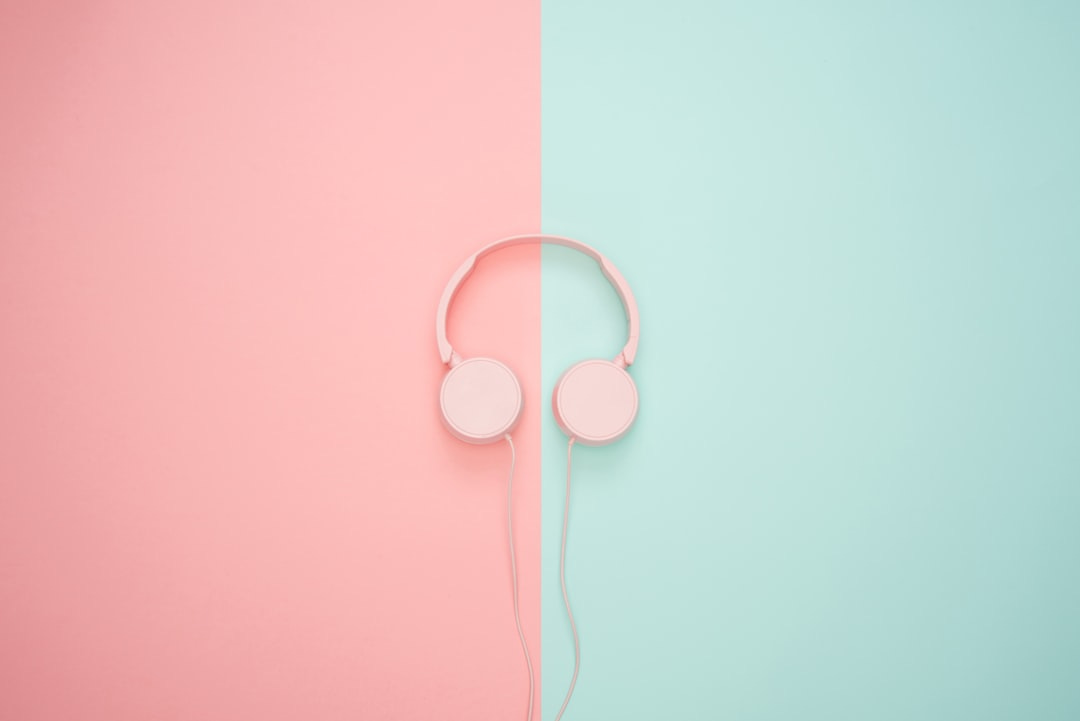New music streaming bill aims to increase streaming royalties for artists
Most of us should welcome such a bill, but get ready for higher streaming subscription prices.
Pitchfork reports U.S. Representatives Rashida Tlaib and Jamaal Bowman have introduced the Living Wage for Musicians Act to Congress, aiming to reform how artists are paid in the streaming era.
The bill proposes a new system, the Artist Compensation Royalty Fund, that would bypass record labels and other intermediaries, sending listeners' money directly to artists.
"Streaming has transformed the music industry, but it's leaving countless artists struggling financially," said Rep. Tlaib in a statement. "The Living Wage for Musicians Act ensures the creators of the music we love receive a fair share, allowing them to thrive, not just survive."
Funding for the Artist Compensation Royalty Fund would come from two sources:
An additional subscription fee, proposed as an extra half dollar per month, with a minimum of $4 and a maximum of $10.
A 10% cut of streaming services' non-subscription revenue, such as ad revenue.
The Union of Musicians and Allied Workers (UMAW) has expressed strong support for the bill, highlighting that streaming platforms are already planning price hikes and this proposal ensures those extra fees go directly to artists.
"The industry has discussed 'fixing' streaming for years, but the platforms and major labels have had their turn, and they've failed musicians," said UMAW organizer Damon Krukowski. "The Living Wage for Musicians Act offers a new, artist-centric solution to make streaming work for everyone, not just a select few. We need to inject more money into the system and pay artists directly for their work."
Mixing and mastering engineer Heba Kadry emphasized the urgency of the situation, stating, "Our middle-class musicians and recording studios are disappearing, and this is rapidly deteriorating our music communities and culture nationwide. Allowing a few powerful individuals to monopolize and shrink the income pool for musicians only worsens the situation."
According to the UMAW statement, the Artist Compensation Royalty Fund would guarantee artists a minimum of one cent per stream. Additionally, the bill outlines a distribution system where individual tracks would cease generating royalties from the fund after reaching one million streams per month. Any excess funds would then be divided equally among all recording musicians.
My Thoughts: If the bill passes, then we all can expect to wind up paying more in streaming subscription prices. But let’s be honest, that’s not all that bad.
For those of us who are old enough to remember, as consumers and streamers, we’ve had it good since Spotify came into existence in 2008. Back then, if we wanted music, we had to turn on the radio. If we wanted to listen to a particular song, we had to go out and physically buy the album the song came on. It was a time when it was more expensive to listen to music, but it was a time when artists were paid more fairly for their work. Now, for the price of a few cups of coffee per month, we have access to any song by any artist at any time of the day. Amazing, right?
Because of this, it’s without a doubt the best time for music as far as consumers and streamers are concerned. Most of us would say this world of streaming music is literally too good to be true. But at the cost of the artists’ and musicians’ bottom line? Not so much.


